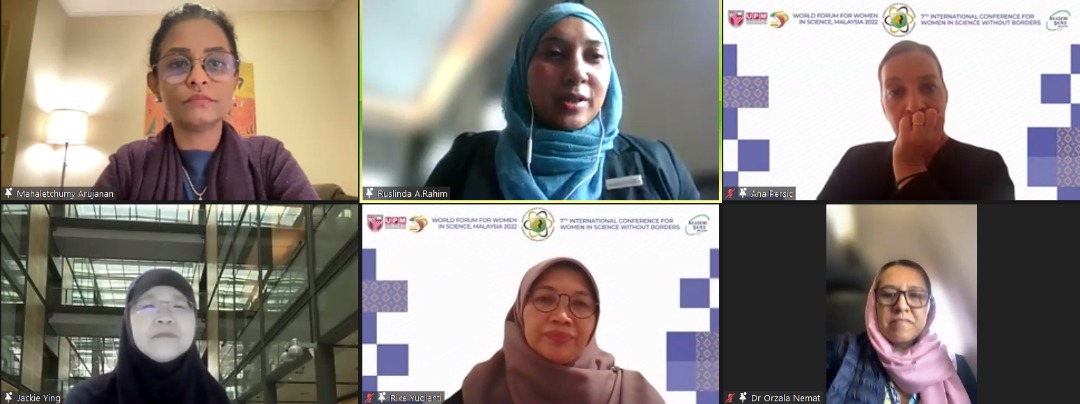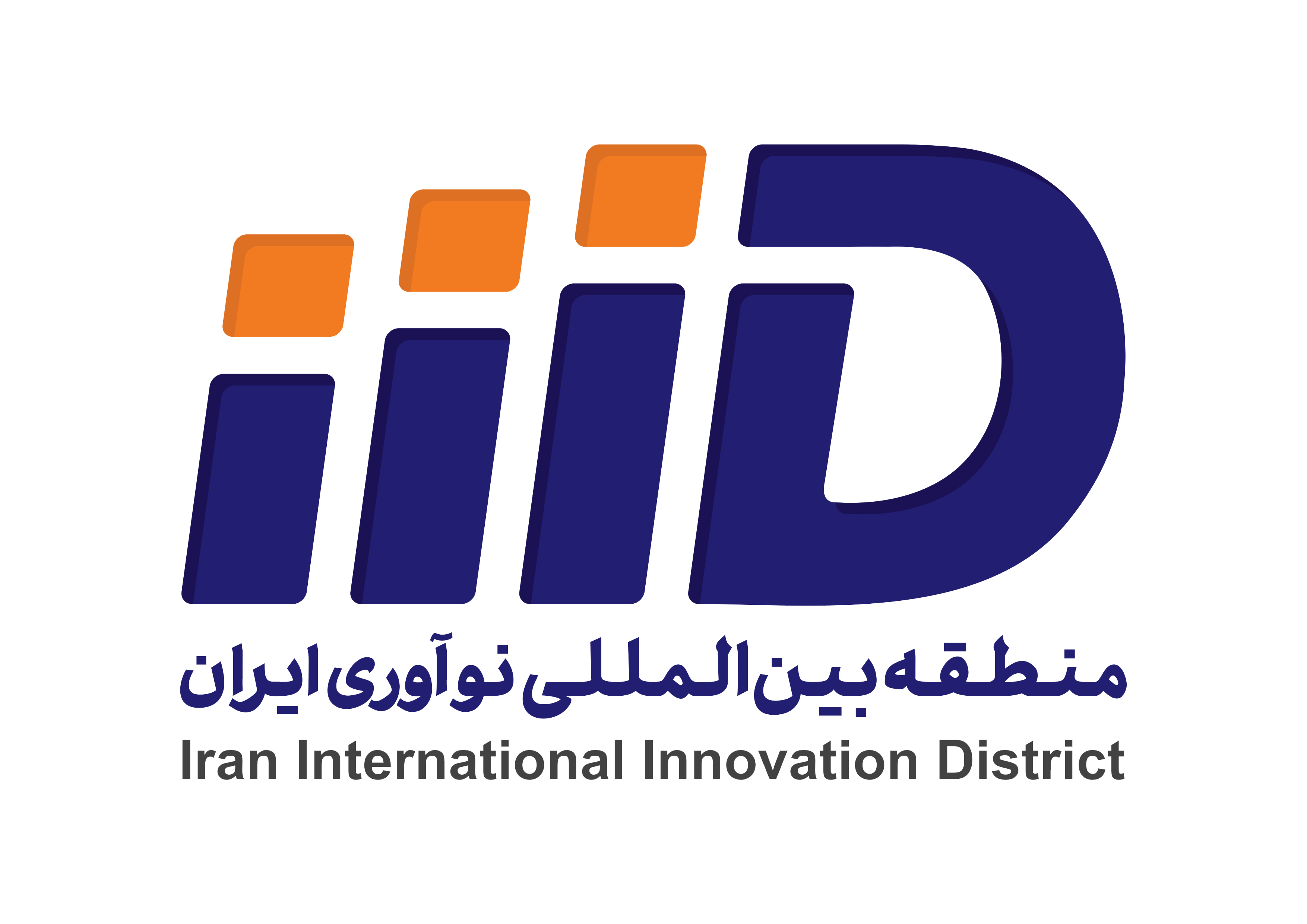Mustafa Prize holds in cooperation with the World Forum for Women in Science:
Gender Inequality, Most Obvious Problem in Science

Ilkay Erdogan Orhan, one of the prominent guests of Science and Technology Exchange Programs held by MSTF, opened her speech by addressing the issue of gender disparity, which she referred to as “the most pronounced problem in science.”
The Mustafa Prize, in collaboration with the World Forum of Women in Science, held a scientific meeting during which prominent female scientists addressed a sustainable and gender-inclusive future through science, technology and innovation.
Given the disappointing data on the number of women enrolling in the fields of STEM in 2018, Erdogan stated that women need role models to whom they can relate.
Erdogan also stated that 33 percent of researchers in OIC countries are women, but in some countries of the region, more than half of the adult population is illiterate and more than 70 percent of the women are illiterate.
A key issue discussed in the panels was the role of gender in meeting all the sustainable development goals (SDGs). Ana Persic, a Program Specialist at UNESCO, talked about gender equality in UNESCO in the realm of science, technology and innovation.
“Science, technology and innovation have a crucial role in meeting all the sustainable development goals, and so does gender equality,” Parsic said.
“Reducing inequality by attracting more women into STEM fields will support the achievement of SDG targets,” she added.
Further, according to a UNESCO Science report, overall 33.3 percent of the total researchers in the world are women. Breaking down this number, Persic stated that leadership positions among women are only 12 percent.
“Sustainable development can only be achieved when women have equal access to scientific information and scientific careers because the world cannot afford to neglect the scientific potential and the brains of half of the world’s potential,” she maintained.
Next, Jackie Ying a 2015 Mustafa Prize laureate, lectured on Nanotechnology as “the enabling tool for the 21st century.” She talked about the grand challenges for the 21st century in engineering that impact sustainability, health, vulnerability, and joy of living.
These include early diagnosis of diseases using nanodevices, engineering better medicine using nanomedicine, providing access to clean water using nanoporous membranes, sequestration of greenhouse gases through nanocatalysts, and making solar energy economical through nanocomposites.
Ying also talked about the problems with detection instruments that are their high prices and lengthy turnaround time. The solution to these issues is using nanoprobes for nucleic acid detection. She further compared nanoprobe assays and conventional test, concluding that nanoprobe technology is more accurate, much simpler, and less expensive.
Ying talked about the function of Paper-based lateral flow assays as rapid test kits devised by their research team. These RTKs, according to Ying, incorporate a proprietary built-in signal amplification mechanism which provides a superior limit of detection compared to conventional lateral flow assays.
Orzala Nemat from Afghanistan Research and Evaluation Unit, addressed the unity of female innovators and technologists.
Nemat stated that with the invasion of Extremist Islamic groups in Afghanistan, the colonial agenda keeps women in darkness.
According to Nemat, under the pretext of bringing an Islamic order to the country they stand against women in “the most un-Islamic” manner by banning secondary and highschool education for girls across Afghanistan.
However, Afghan women have not surrendered.
She highlighted the female figures that are shaded by mainstream media. She introduced Shakardokht Jafari, an Afghan Medical Physicist who developed an efficient and low-cost method of measuring a medical dose of radiation.
Further, Nemat introduced The Afghan Girl’s Robotic Team, also known as the Afghan Dreamers, who are an all-girl robotics team from Herat.
Another speaker, Rike Yudianti, professor at the Research Center for Advanced Material in Indonesia and one of the prominent guests of Mustafa Prize Week, addressed women’s participation in research and innovation platforms and specifically Indonesian women’s contribution in science.
The second panel was opened by Aini Ideris who lectured on Women in Science Leadership maintaining that “science owes a lot to women,” Ideris threw the audience back to legendary female figures and pioneers in STEM starting from 1300 BC to the 1960s.
She then rightly referred to gender stereotypes that hinder women’s chances at taking leadership roles.
Quick Access

Address: Pardis Technology Park, 20th km of Damavand Road (Main Stresst), Tehran I.R. Iran.
Postal Code: 1657163871

Tel: 76250250 _ 021

Fax: 76250100 _ 021
E-mail: info@techpark.ir

website:iiid.tech








